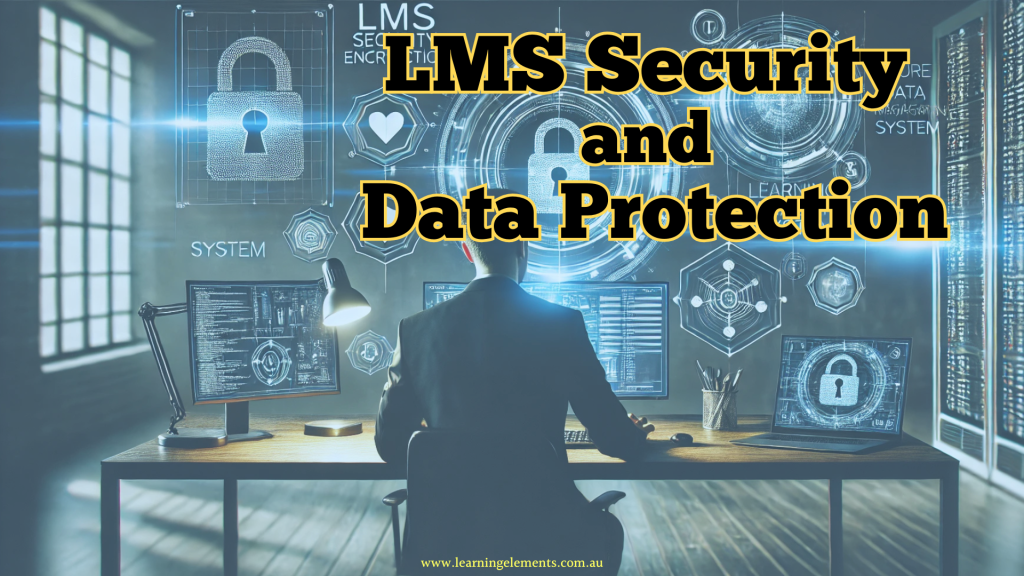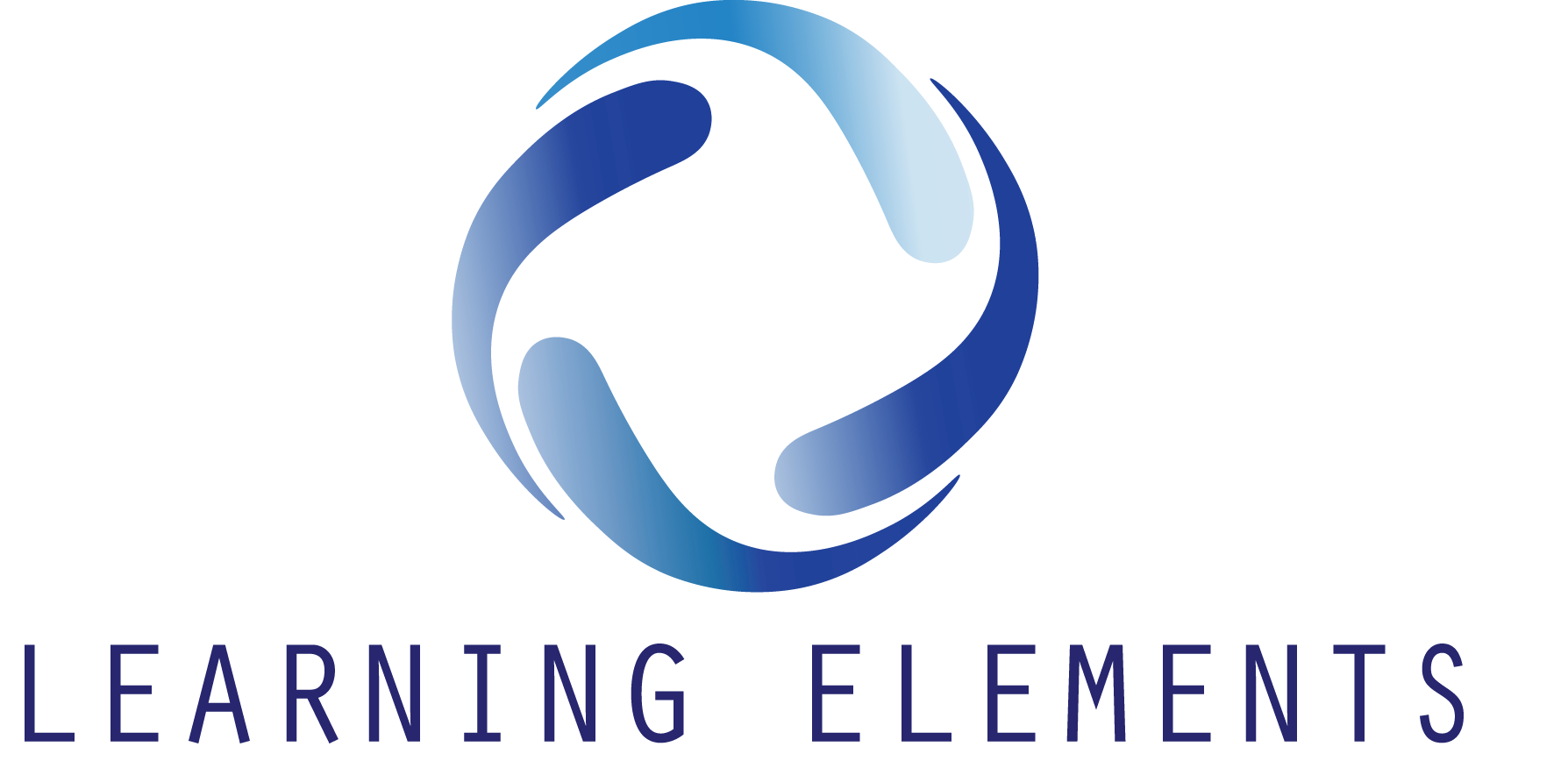What Makes a Learning Management System Essential for Your Business?
A Learning Management System (LMS) is an important tool for your business if you’re looking to streamline training, improve workforce skills, and ensure compliance. Whether you need to onboard new hires, upskill employees, or deliver regulatory training, an LMS provides a centralised, scalable, and cost-effective solution. By automating training processes, tracking progress, and offering flexible learning options, businesses can enhance productivity and maintain a competitive edge. Investing in the right LMS ensures a structured learning environment that supports long-term business growth.
Why Does Your Business Need a Learning Management System?
1. Centralised Training Management
An LMS allows businesses to organise, deliver, and track training programmes from a single platform. This ensures consistency in learning materials and standardised training across different teams, locations, or departments. With a centralised system, businesses can eliminate the inefficiencies of disconnected training tools, reducing administrative complexity. Additionally, role-based access allows organisations to assign courses based on job functions, experience levels, or compliance requirements, ensuring employees receive relevant training. A centralised LMS also enables easy updates to training content, ensuring all employees access the latest information simultaneously.
2. Improved Employee Performance and Engagement
An LMS enhances employee performance by providing structured and flexible learning opportunities. With access to self-paced courses, instructor-led training, and interactive content, employees can upskill at their own pace while ensuring they meet job-specific competencies. A well-designed LMS fosters engagement through gamification, quizzes, and interactive elements, making learning more effective and enjoyable.
Personalised learning paths allow employees to focus on skills relevant to their roles, ensuring targeted development that improves productivity. Social learning features, such as discussion forums, peer collaboration, and knowledge-sharing tools, further enhance engagement by encouraging teamwork and continuous learning. With real-time feedback and performance tracking, employees stay motivated and aware of their progress, leading to higher job satisfaction and long-term retention of skills.
3. Cost and Time Efficiency
A cloud-based LMS significantly reduces training costs by eliminating expenses related to venue bookings, printed materials, instructor fees, and employee travel. Virtual learning allows businesses to deliver training efficiently without the need for physical resources, making it a cost-effective alternative to traditional methods.
In addition to cost savings, an LMS improves time efficiency through automation. Features such as automated assessments, real-time reporting, and certification tracking reduce the administrative workload for HR and training teams. Instead of manually tracking employee progress, businesses can focus on enhancing training strategies and optimising learning outcomes. By streamlining training management, an LMS ensures that employees spend more time learning and less time on logistical challenges.
4. Scalability for Business Growth
As businesses grow, onboarding and training new employees can become resource-intensive. An LMS streamlines this process by providing a scalable, centralised platform for seamless training delivery. Whether for a small team or a global workforce, an LMS ensures consistent and efficient training without the need for additional physical resources.
With multilingual support and adaptive learning features, businesses can customise training for diverse teams, ensuring employees receive relevant content regardless of location or background. A scalable LMS also enables businesses to quickly update training materials to match evolving industry standards, keeping the workforce aligned with business goals as the organisation expands.
5. Data-Driven Insights for Continuous Improvement
With performance tracking and analytics, an LMS provides businesses with valuable insights to measure learning outcomes, identify skill gaps, and refine training strategies. Organisations can track training completion rates, learner engagement, and assessment scores, helping HR and L&D teams make data-driven decisions.
LMS analytics enable businesses to:
- Identify skill gaps and areas needing improvement – By analysing quiz scores, course completion rates, and learner feedback, organisations can pinpoint weaknesses in training programmes.
- Tailor training content based on performance data – Adaptive learning technologies can personalise training recommendations, ensuring employees receive targeted learning interventions.
- Monitor employee progress and provide additional support – Automated tracking systems allow managers to offer timely feedback, coaching, or supplementary training where needed.
- Generate automated reports for compliance and audits – LMS platforms can create real-time reports to demonstrate compliance with industry regulations, reducing manual tracking efforts.
- Leverage predictive analytics for workforce development – Some LMS platforms use AI-driven insights to forecast future skill needs and recommend training paths based on emerging industry trends.

LMS Security and Data Protection
Security is a crucial consideration when implementing a Learning Management System (LMS) for your business, as it handles sensitive employee data, compliance records, and proprietary training materials. A secure LMS ensures that business information remains protected while maintaining compliance with Australian data protection regulations, such as the Privacy Act 1988 and the Notifiable Data Breaches (NDB) scheme.
Key security measures to look for in an LMS include:
1. Data Encryption
A secure LMS should use SSL/TLS encryption to protect data during transmission and AES-256 encryption for stored data. This prevents unauthorised access and ensures that confidential information remains secure.
2. Role-Based Access Control (RBAC)
Role-based permissions allow businesses to restrict access based on job roles, ensuring that only authorised personnel can view, edit, or manage sensitive data. This minimises the risk of data breaches from internal users.
3. Compliance with Australian Data Protection Laws
An LMS must align with the Australian Privacy Act 1988 and the Australian Privacy Principles (APPs), ensuring the protection of personal information. If handling health or financial data, businesses should also comply with APRA CPS 234 (for financial services) or the My Health Records Act 2012 (for healthcare organisations).
4. Regular System Updates and Backups
To mitigate cybersecurity threats, an LMS should offer automatic updates to patch vulnerabilities and regular backups to prevent data loss. Cloud-based LMS platforms often provide disaster recovery solutions, ensuring business continuity in case of system failures.
5. Multi-Factor Authentication (MFA)
Adding an extra layer of security through MFA helps prevent unauthorised access by requiring additional identity verification beyond passwords.
6. Audit Logs and Activity Monitoring
A comprehensive LMS should maintain detailed audit logs, tracking user activity to detect suspicious behaviour and enhance accountability.
Choosing the Right Learning Management System (LMS) for Your Business
When selecting an LMS, consider the following key features:
- User-Friendly Interface – Ensure ease of navigation for both learners and administrators to maximise adoption.
- Mobile Accessibility – Training should be available on mobile devices to support remote and hybrid teams.
- Integration Capabilities – The LMS should seamlessly integrate with HR software, CRM systems, and other business tools for smooth data sharing.
- Robust Reporting Features – Built-in analytics should provide meaningful insights to track progress and refine training strategies.
- Content Compatibility – Ensure the LMS supports various content formats, such as videos, PDFs, SCORM, xAPI, and interactive modules.
- Customisation and Branding – Businesses may require custom branding and personalised training pathways to align with company culture and goals.
Related Read: What are SCORM Files? How to Play a SCORM File? A Beginner’s Guide
Find the Right LMS for Your Business – Explore Our Courses or Contact Us for Expert Advice.
LMS for Customer and Partner Training
A Learning Management System (LMS) is not just for internal employee development—it also plays a crucial role in customer and partner training. Many businesses use an LMS to educate external stakeholders, such as customers, resellers, suppliers, and vendors, ensuring they can effectively use products and services.
–Customer Training: Self-Service Learning Portals
For businesses that provide complex products or services, an LMS helps improve customer experience through self-paced, on-demand training. Key benefits include:
- 24/7 Access to Training: Customers can access tutorials, product walkthroughs, and troubleshooting guides at their convenience.
- Reduced Support Costs: A well-structured training portal decreases reliance on customer service teams by addressing common questions proactively.
- Interactive Learning Experience: Quizzes, simulations, and video-based training enhance customer understanding and retention.
Example: Software companies often use an LMS to train customers on using their platforms, reducing onboarding time and improving product adoption.
–Partner and Vendor Certification Programmes
An LMS enables businesses to standardise training and certification for partners, vendors, and resellers. Benefits include:
- Consistent Training Across Global Networks: Ensures that all partners receive the same knowledge, maintaining brand consistency.
- Certification and Compliance Tracking: Businesses can verify that partners meet training requirements before granting certification.
- Performance Monitoring: Companies can track training completion rates and assess knowledge retention.
Example: Technology and SaaS companies provide certification programmes to ensure resellers and distributors are well-equipped to sell and support their products.
–B2B Training Solutions to Improve Service Delivery
A well-implemented LMS strengthens business-to-business (B2B) relationships by providing:
- Supplier Training: Ensures that suppliers follow compliance and quality control measures.
- Product and Service Knowledge for Distributors: Helps external sales teams understand the products they are selling, leading to better customer interactions.
- Customised Learning Paths: Businesses can tailor training based on partner roles, expertise levels, and regions.
Example: Manufacturing and logistics companies use LMS platforms to train suppliers on safety protocols, regulatory compliance, and quality standards.
Why Businesses Should Invest in LMS for External Training
An LMS for customer and partner training:
- Enhances customer satisfaction and reduces churn
- Strengthens brand loyalty and trust among partners
- Improves service delivery and ensures compliance across vendor networks

How a Learning Management System (LMS) Supports Business Performance Improvement
Enhancing Learning Flexibility
- Employees can access training anytime, anywhere, allowing them to learn at their own pace without disrupting their work schedules.
- Blended learning options, such as live webinars, self-paced modules, and interactive elements, provide a diverse and engaging learning experience. Businesses can also leverage microlearning—short, focused training sessions—to reinforce key concepts without overwhelming learners.
Ensuring Compliance and Standardised Training
Businesses operating in regulated industries must ensure employees complete mandatory compliance training. An LMS simplifies compliance management by:
- Automating course updates when regulations change
- Providing certification tracking and renewal alerts
- Ensuring standardised training across different locations and teams
Maintaining compliance records digitally can help businesses reduce the risk of regulatory violations and penalties.
Boosting Employee Retention and Satisfaction
Career development opportunities play a crucial role in job satisfaction and retention. An LMS supports career progression by offering structured learning paths, mentorship programmes, and leadership development courses. Features such as personalised learning recommendations and AI-driven course suggestions keep employees engaged and motivated to grow within the company.
Supporting Remote and Hybrid Workforces
With remote and hybrid work becoming more common, businesses must ensure employees receive the same quality of training regardless of location. An LMS bridges this gap by providing:
- Cloud-based access to training materials
- Virtual instructor-led training (VILT) sessions
- Interactive forums and discussion boards for collaboration
- AI-driven adaptive learning tailored to individual progress
Conclusion
A Learning Management System for your business is more than just a training platform—it’s a strategic investment in workforce development, compliance, and operational efficiency. By choosing the right LMS, businesses can streamline training, improve employee engagement, and adapt to evolving industry requirements. With the right features, such as mobile accessibility, data analytics, and automation, an LMS enables businesses to build a skilled and future-ready workforce. Implementing an LMS today ensures continuous learning, improved business performance, and long-term success.
Drive Business Growth with Learning Elements!
At Learning Elements, we help businesses implement LMS solutions that align with their corporate training objectives. Our expertise in instructional design, coaching, and corporate training ensures that your workforce is equipped for success.
Contact us today to explore the best LMS solution for your business.
References:
- Office of the Australian Information Commissioner (OAIC): Notifiable Data Breach (NDB) Scheme.
- Office of the Australian Information Commissioner (OAIC): The Privacy Act – Australian Privacy Act 1988 & Australian Privacy Principles (APPs).
- Australian Signals Directorate (ASD) / Australian Cyber Security Centre (ACSC): Securing Customer Personal Data for Small to Medium Businesses
- Australian Prudential Regulation Authority (APRA): Use of multi-factor authentication (MFA)

